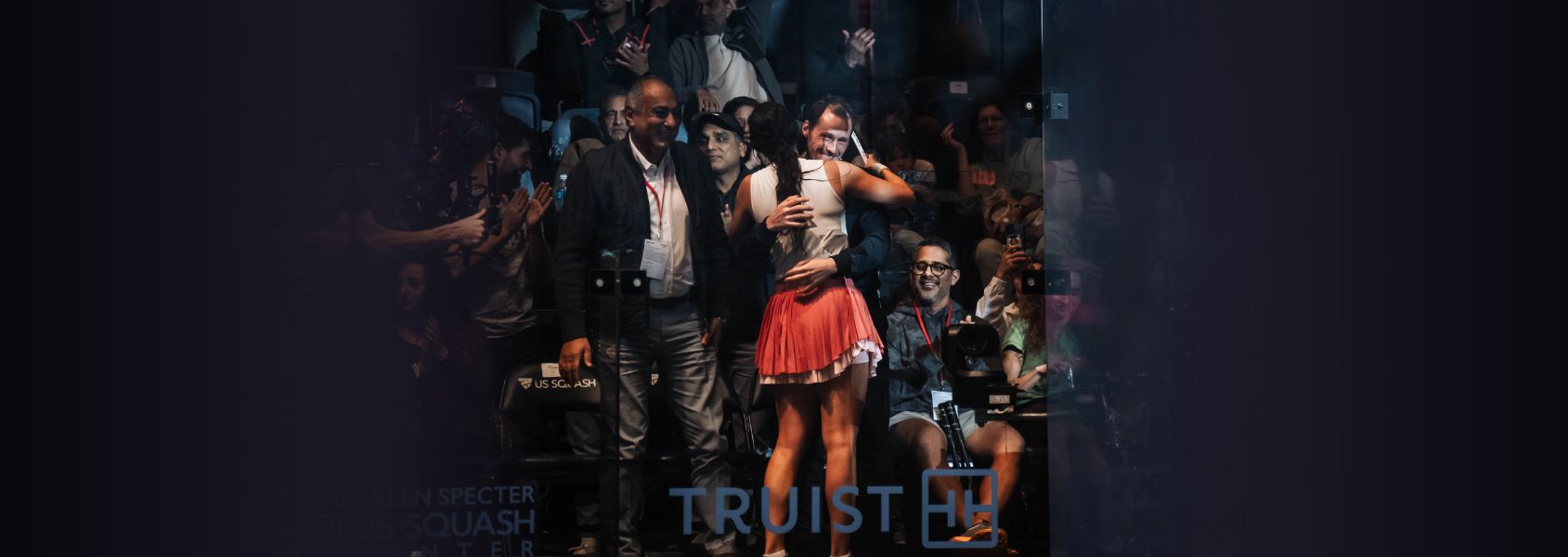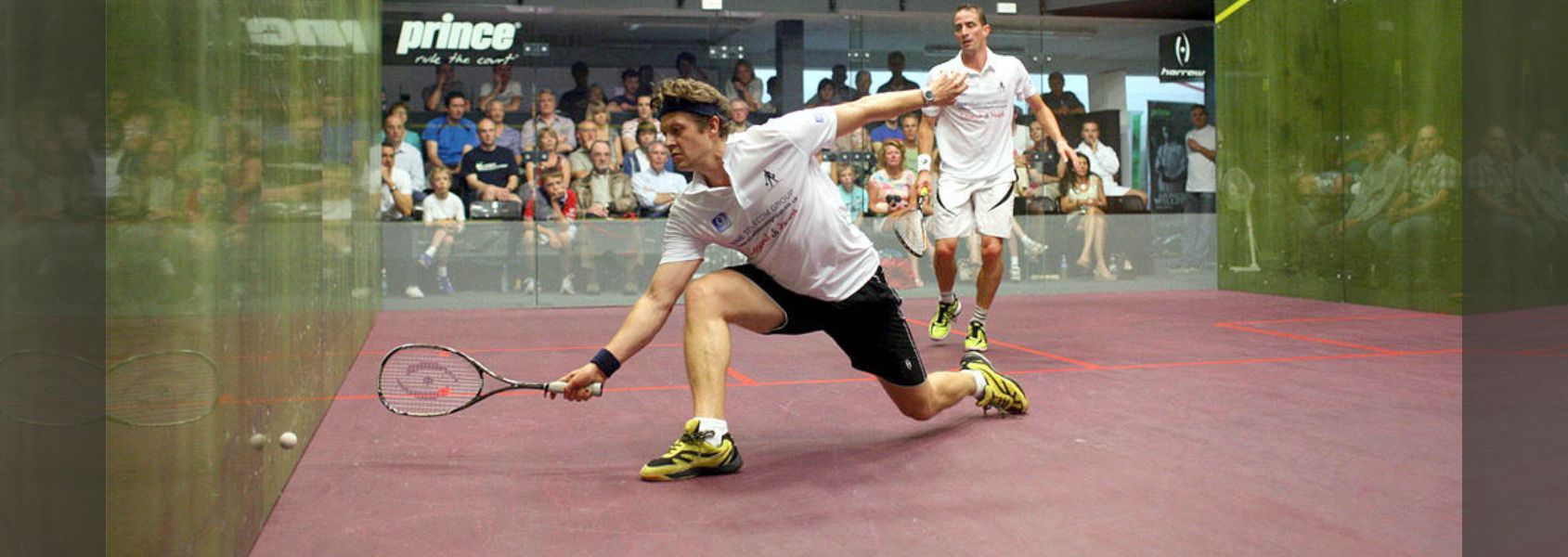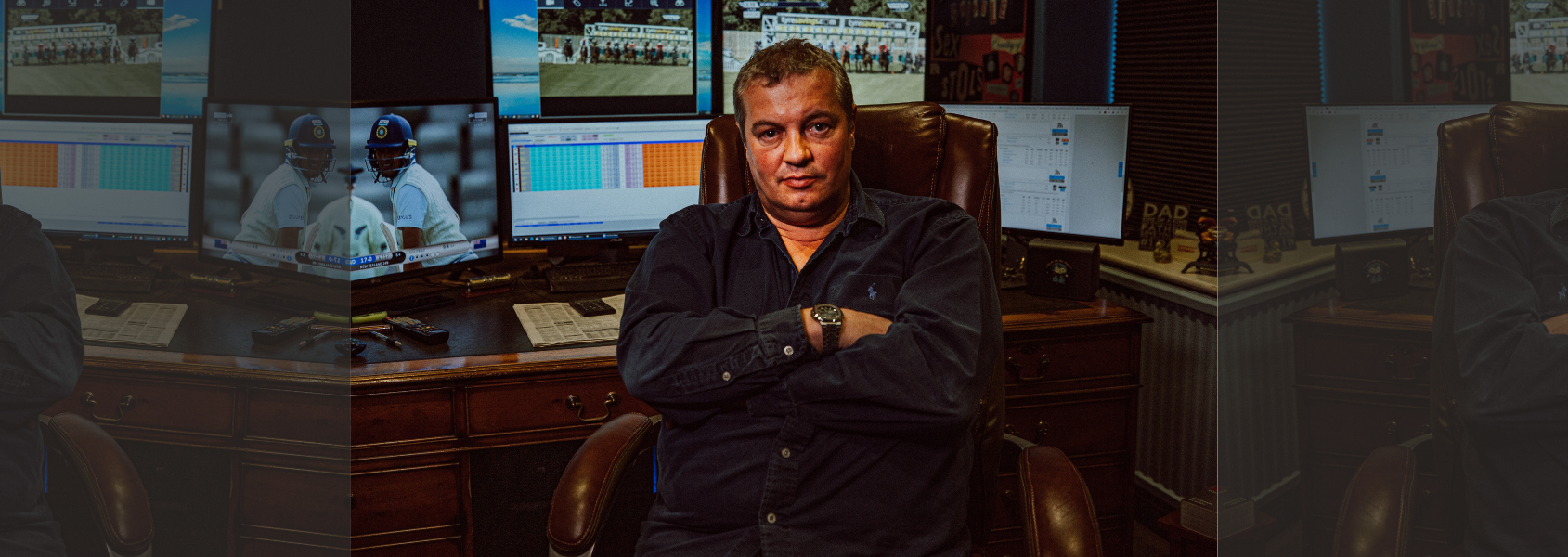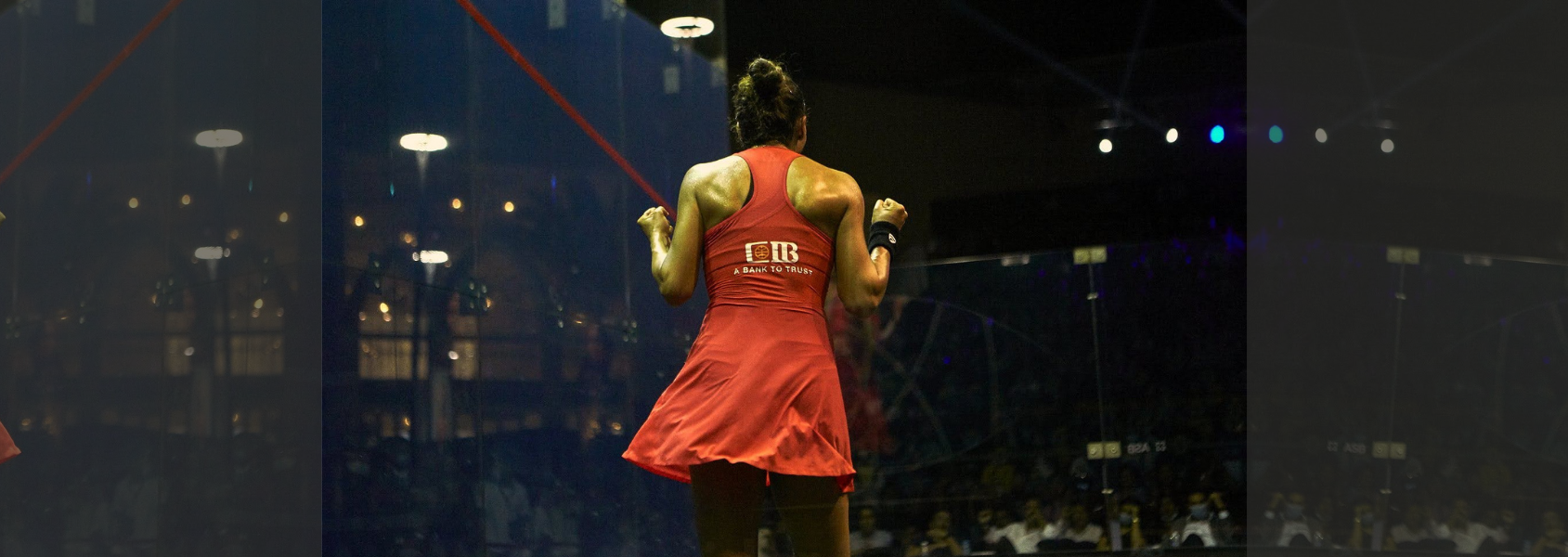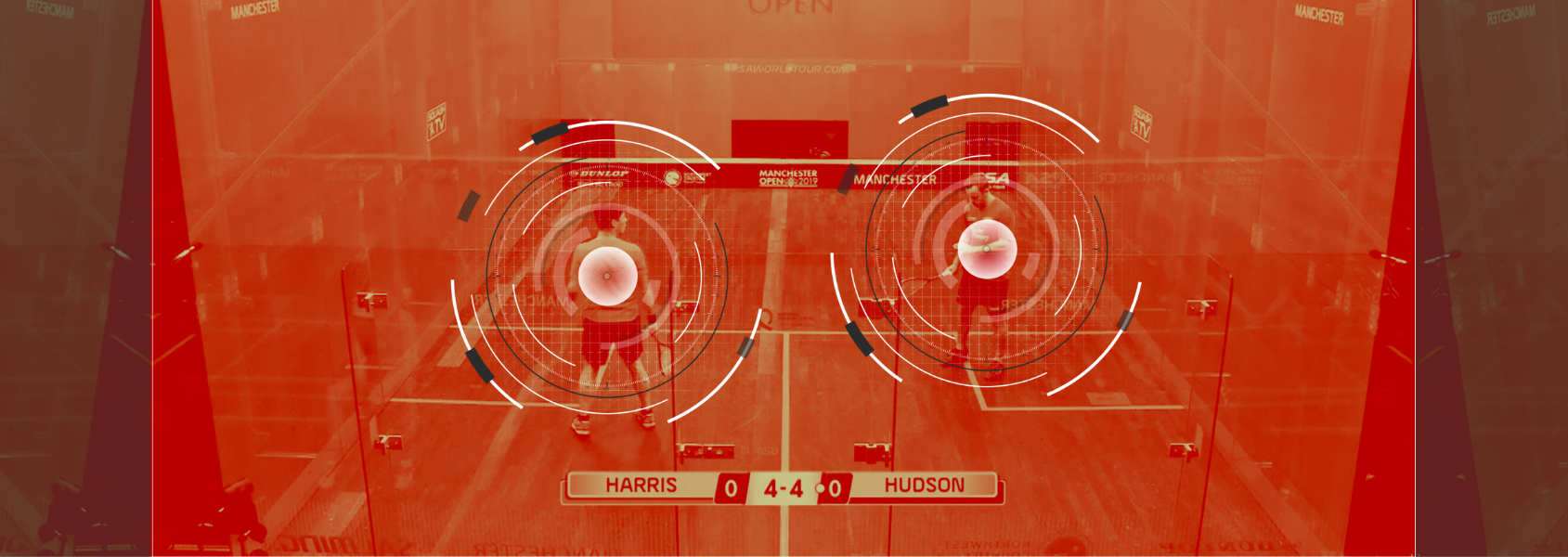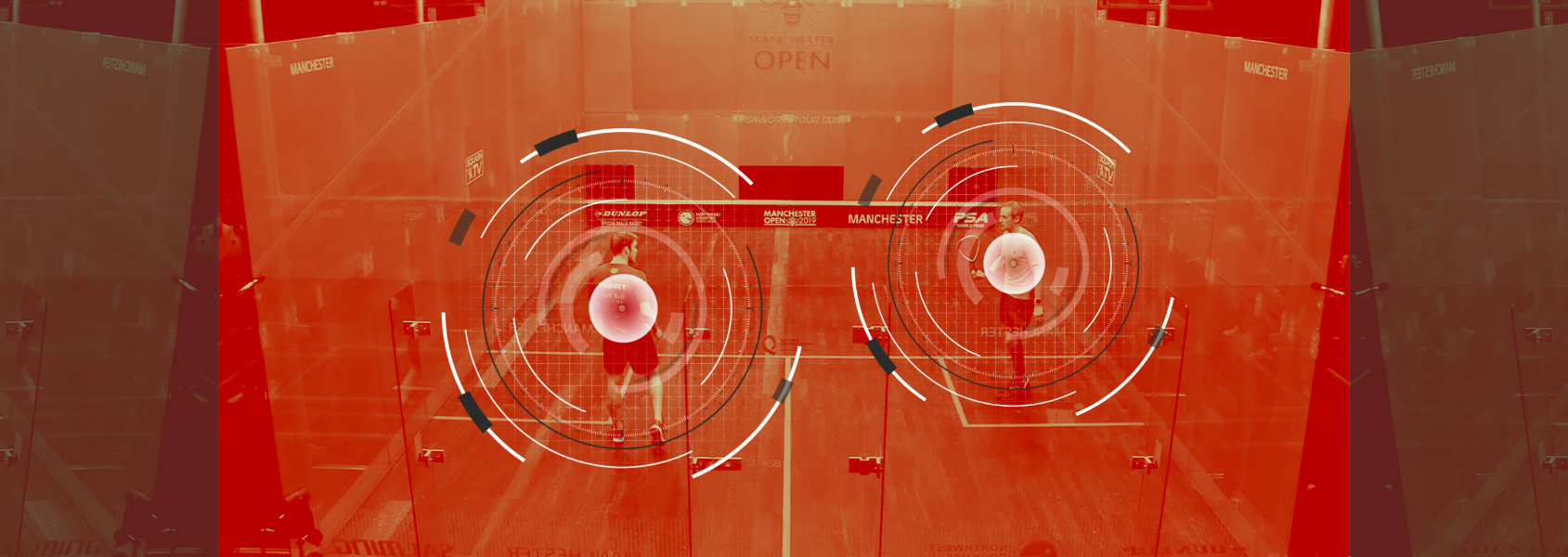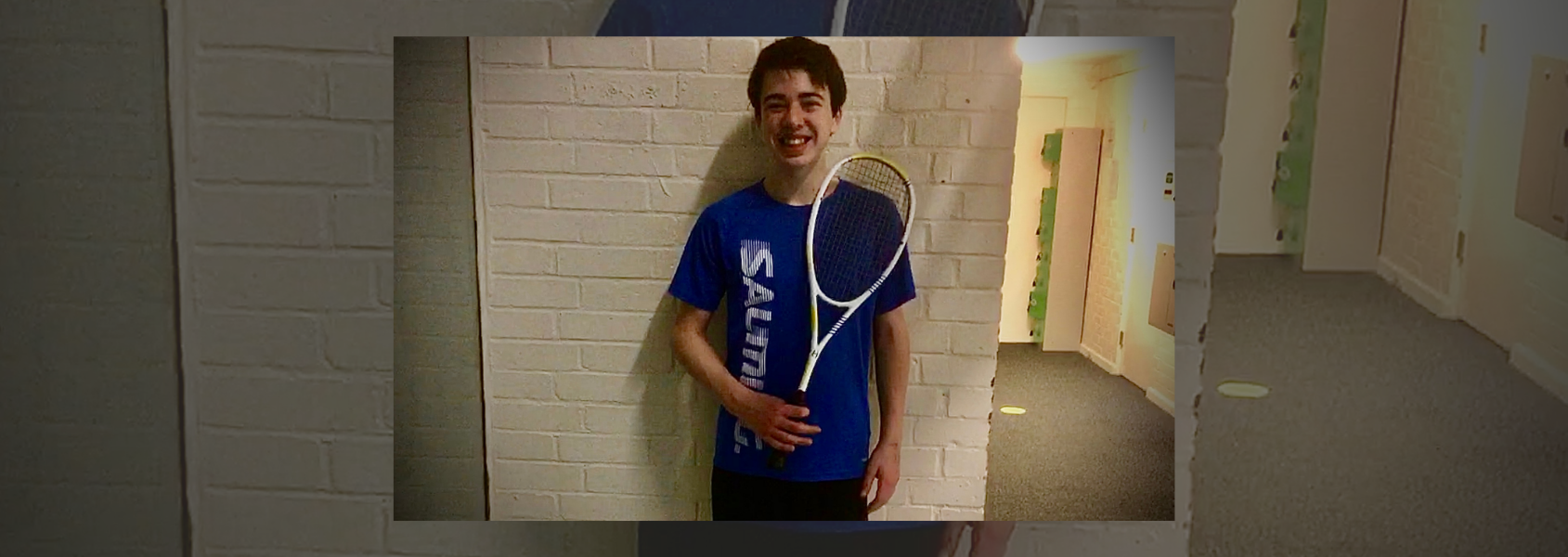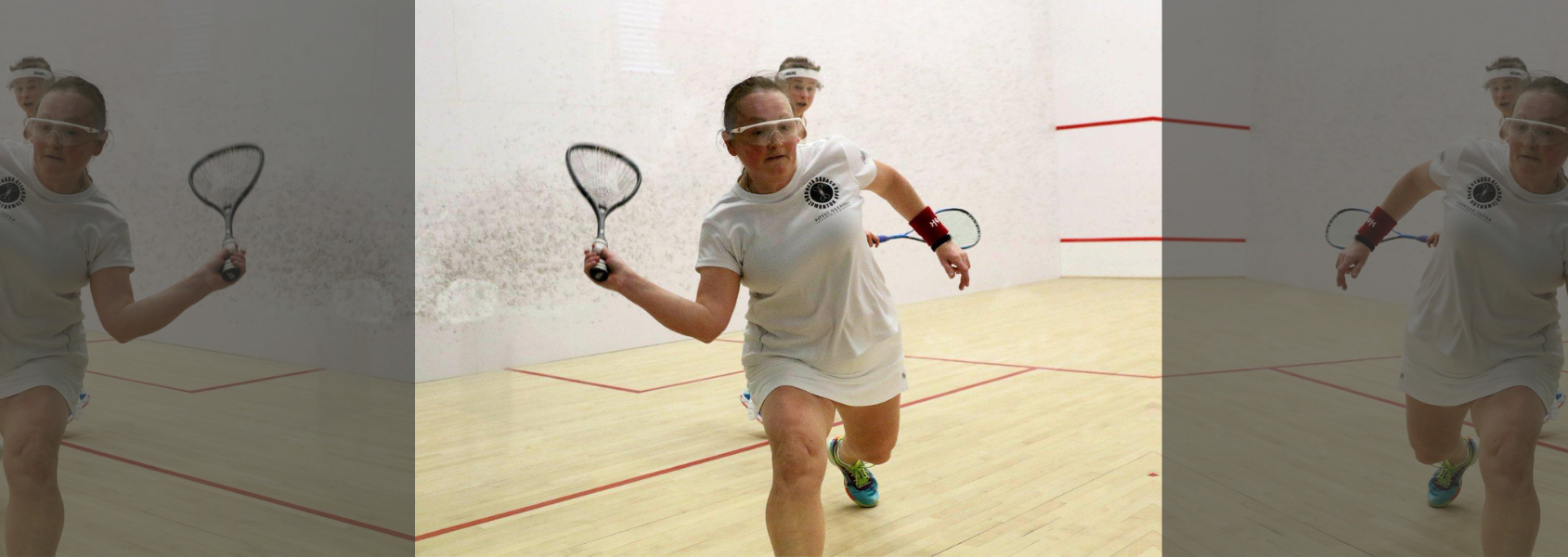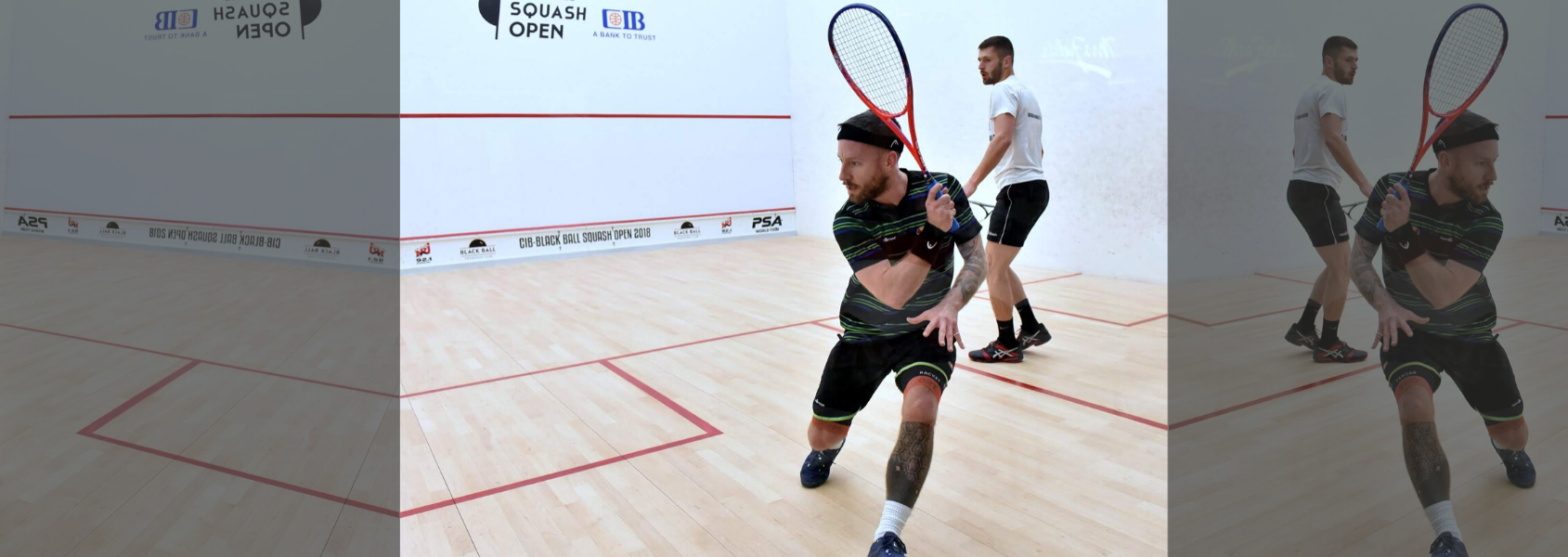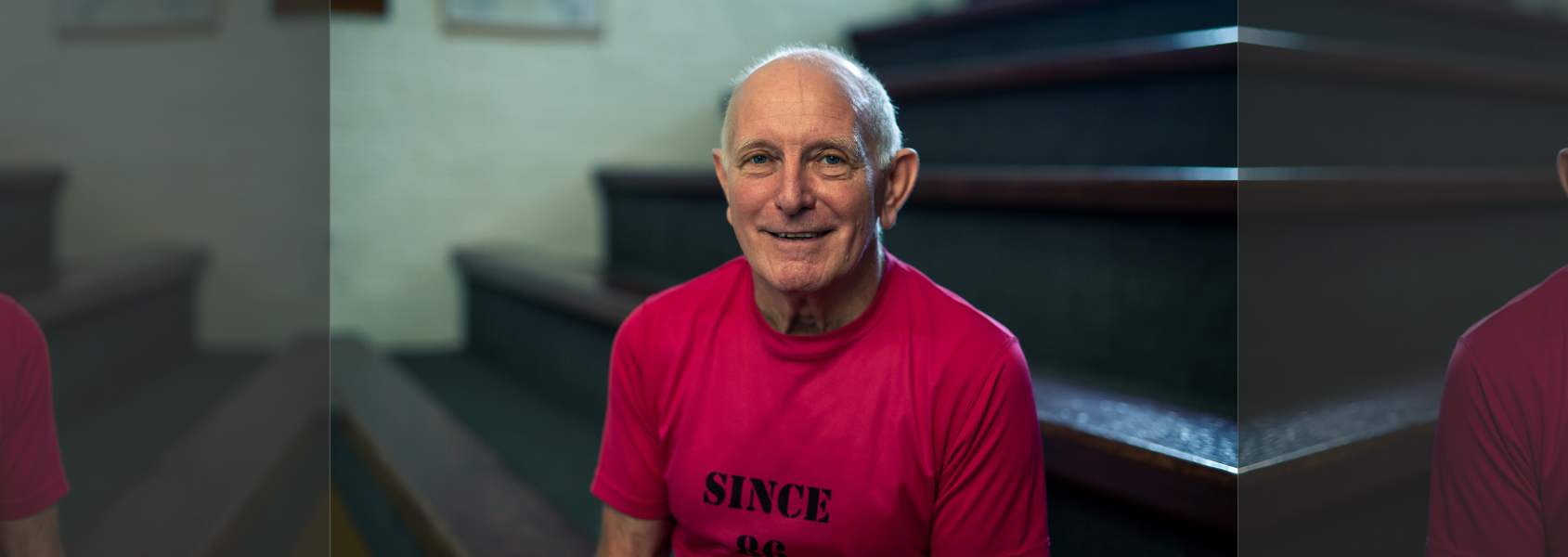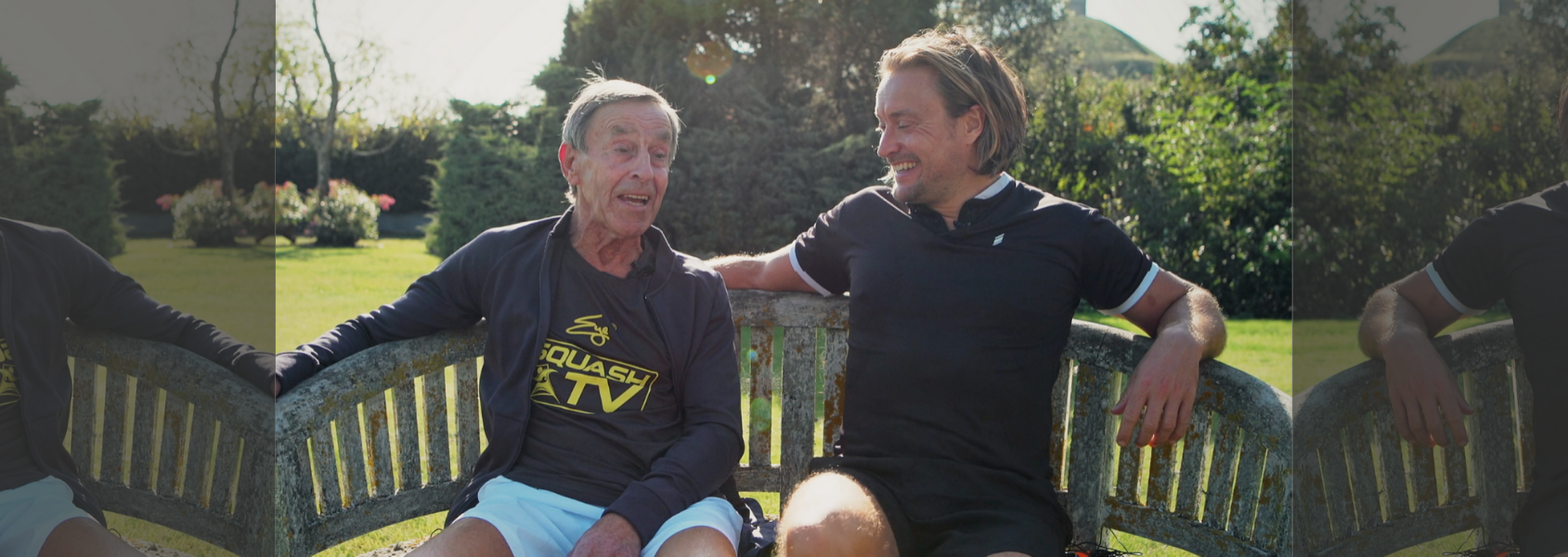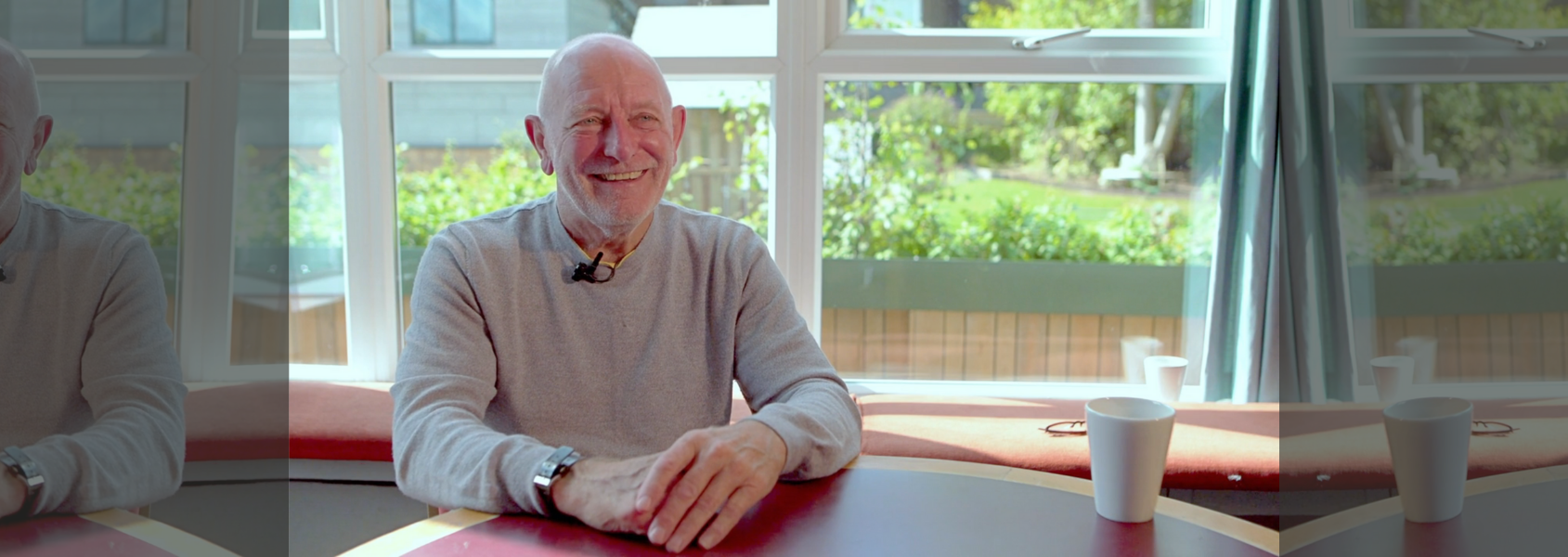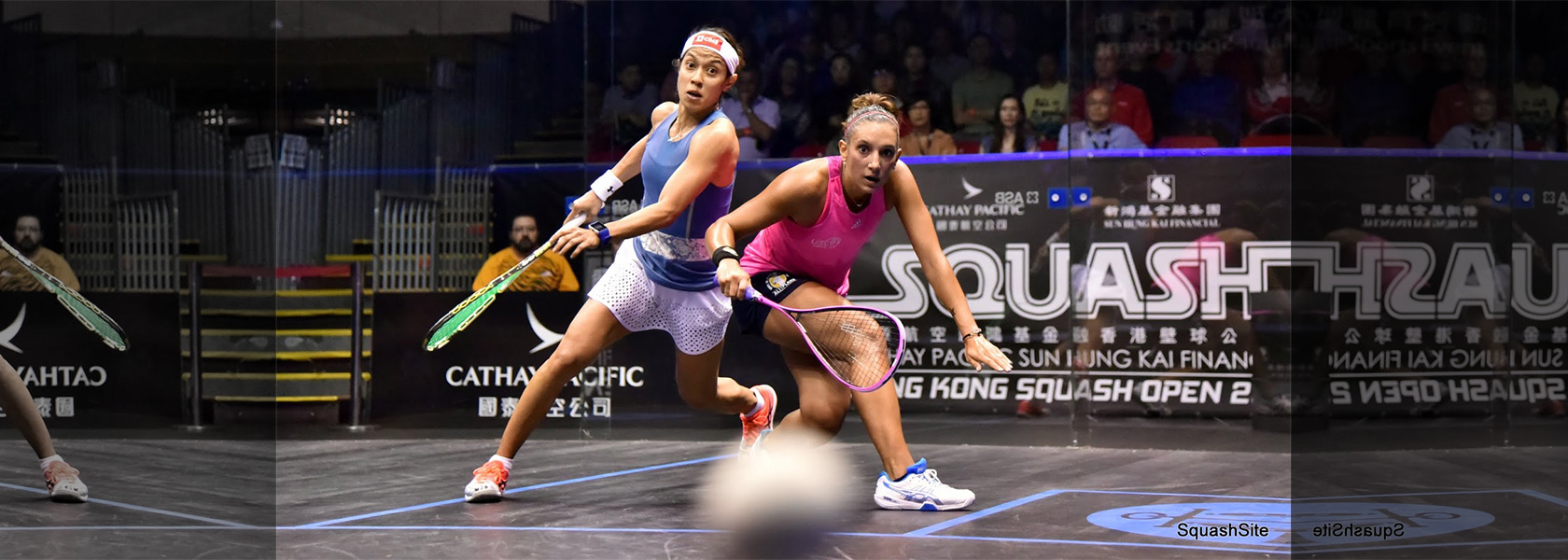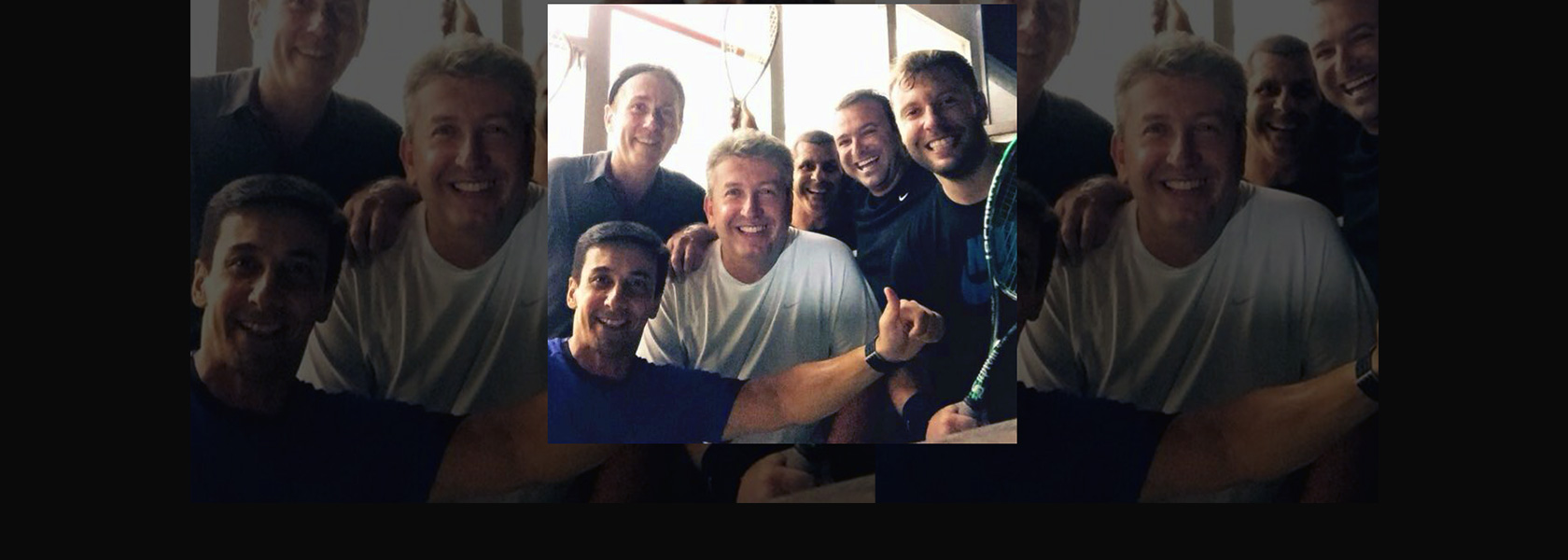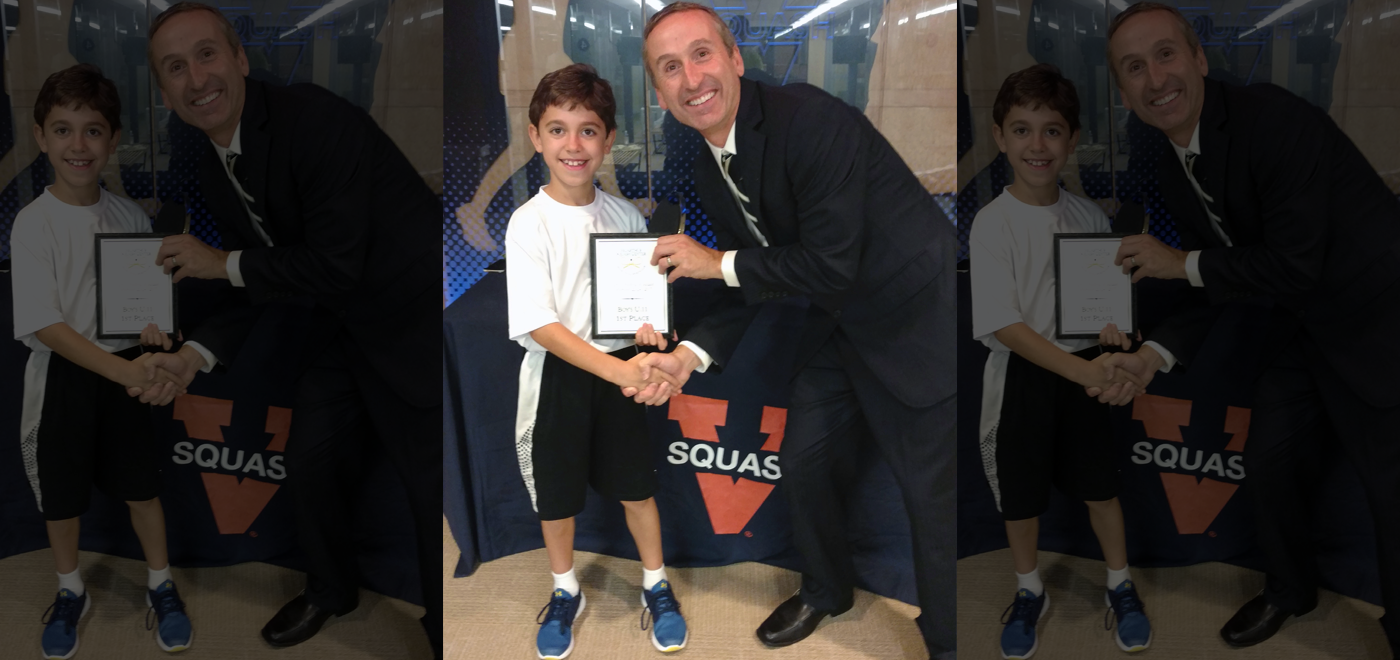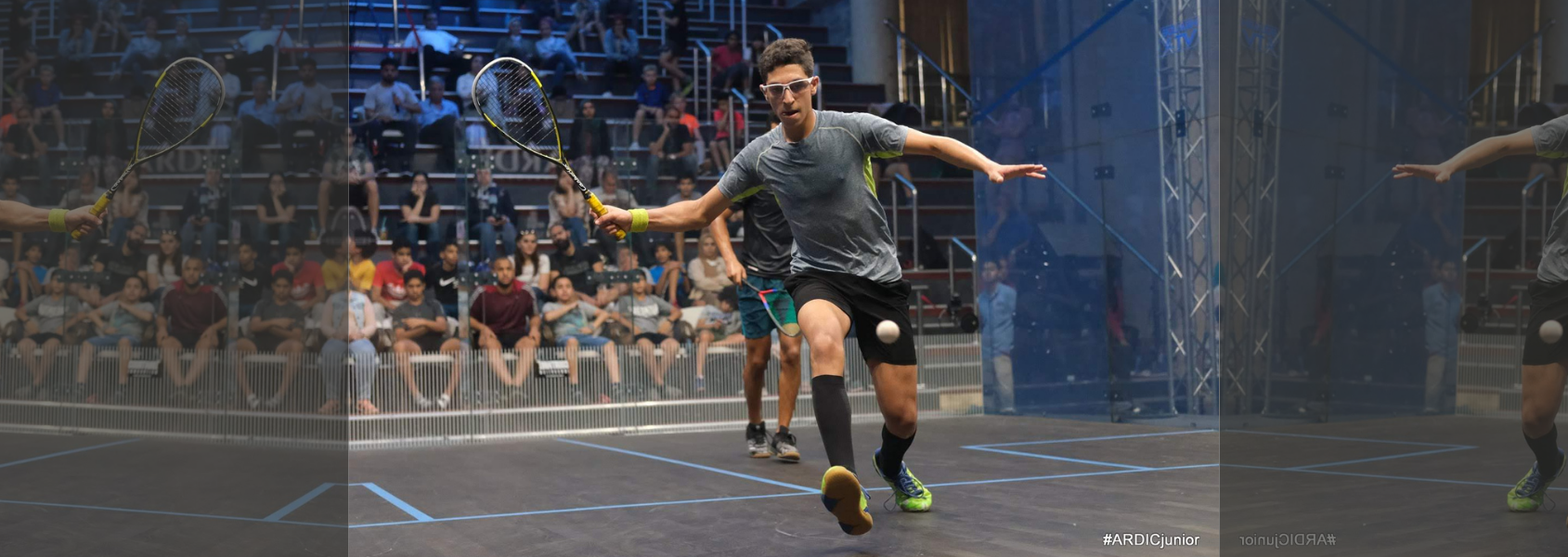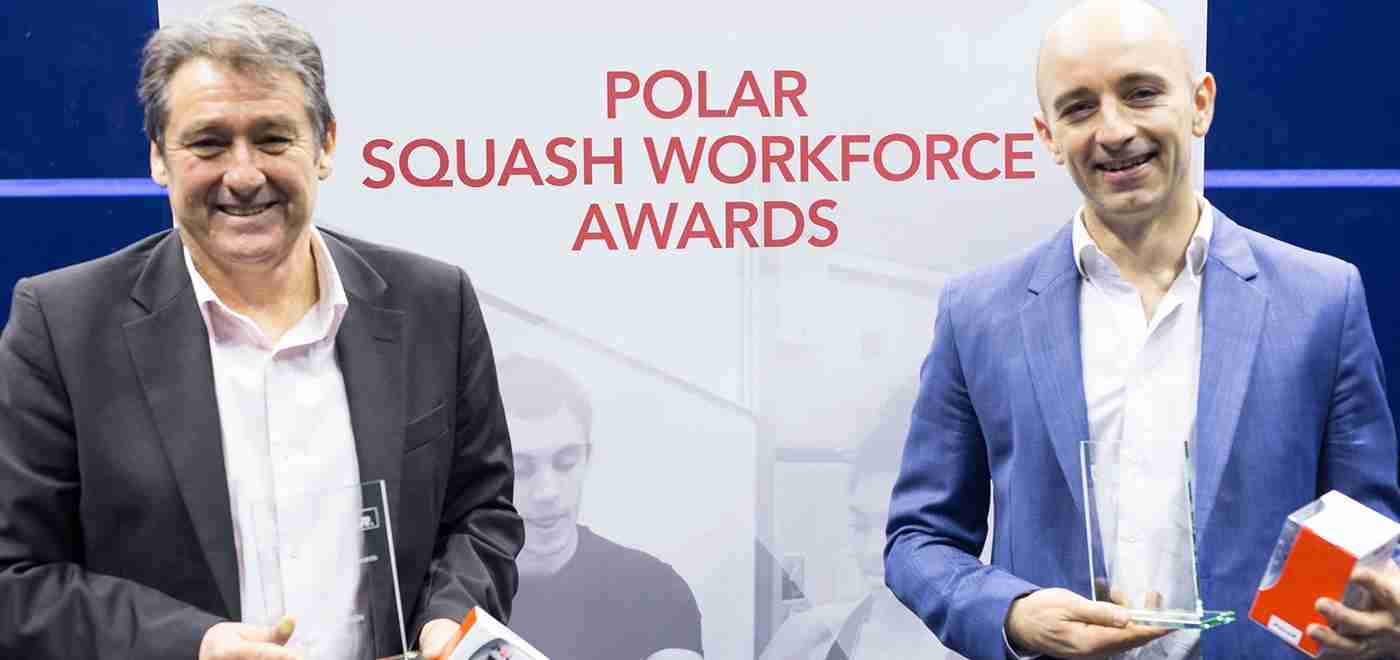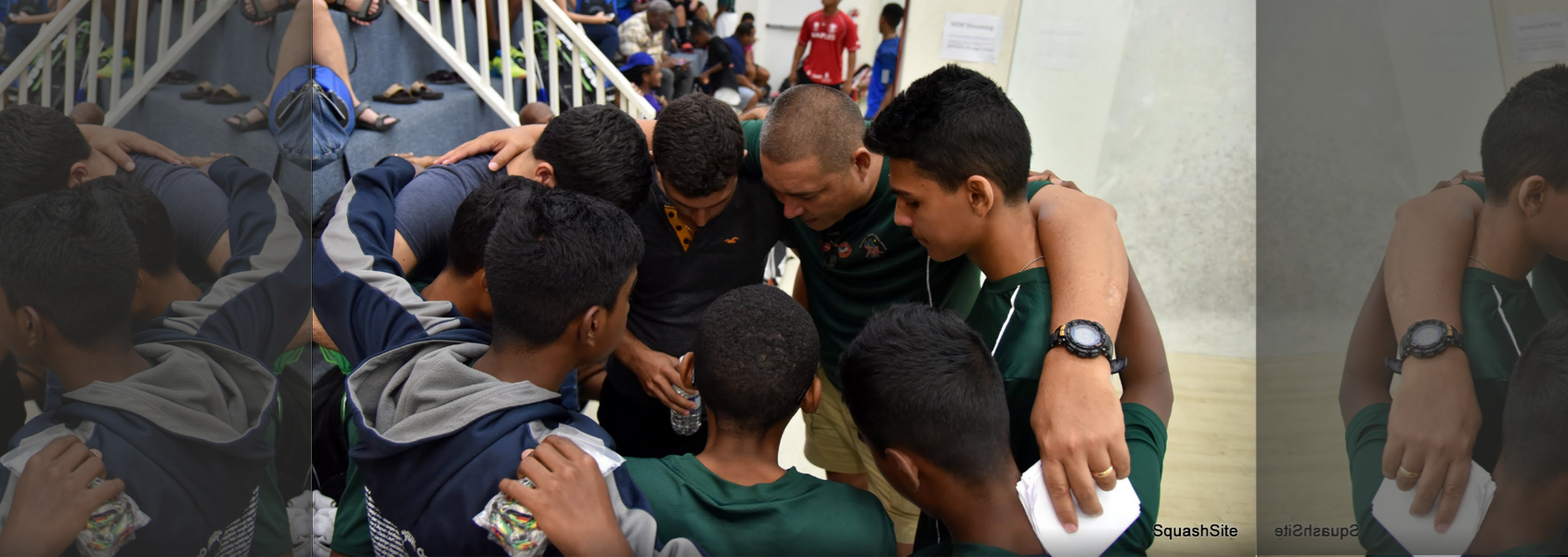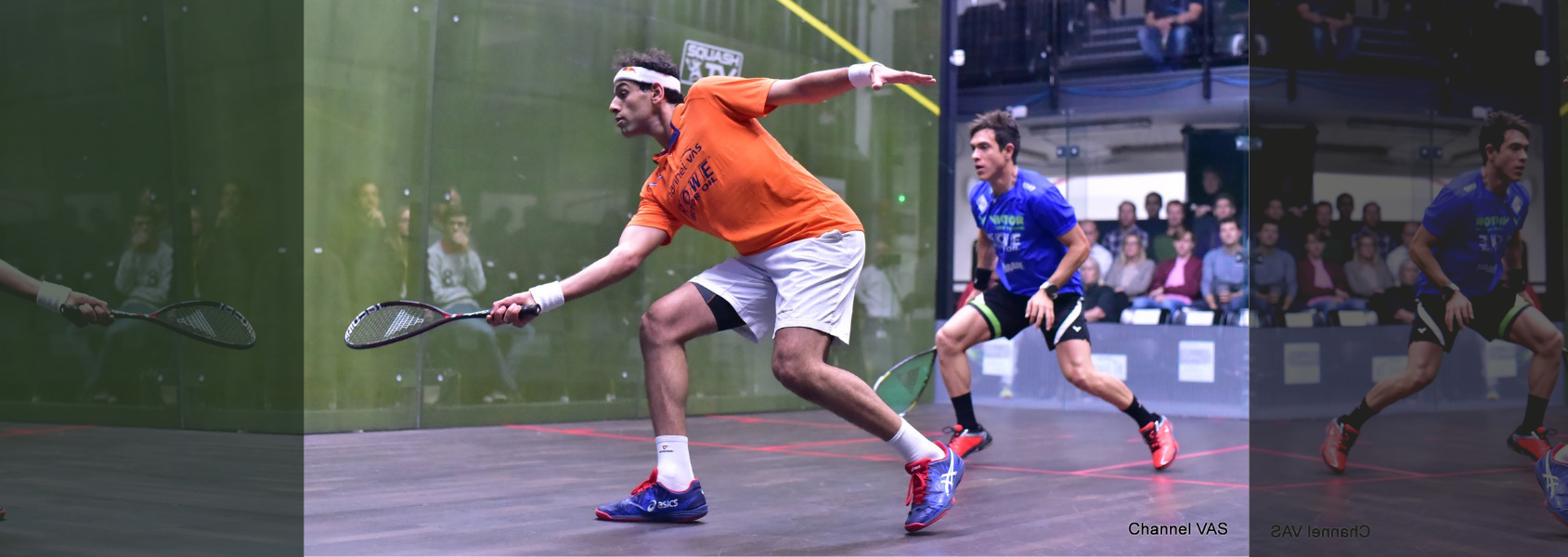Coaching skill sets – IQ and EQ
Coaching requires multiple skill sets that can be differentiated into two core categories, EQ and IQ. When combined, these are behavioural skills.
Learn To Hit The Ball Like Jonathon Power
Working with JP to deliver the three-part series ‘POWER’ was one of the highlights from the last decade here at SquashSkills. Not only was it great to be working closely with a childhood hero, it was also an opportunity to truly understand his unique take on the game and fully appreciate how much thought and mastery went into every shot.
We were lucky enough to go beyond just creating the three-part documentary and created three stand-alone playlists that took a deep technical dive into specific areas of the game. One in particular stood out – How To Develop Different Swings & Spins.
If I Were A Betting Man – A Documentary About Rob Owen
Rob Owen is a fascinating character. A man who has made a successful living as a professional gambler. He’s a chess player, a philanthropist, and a squash coach, a very good one at that.
SquashSkills Is 9 Years Old!
Friday 2nd July 2021 marked a milestone for SquashSkills as we officially entered our 10th year. In 2012 SquashSkills launched, breaking new ground for the sport of squash, albeit on a budget website and with some particularly cringe-worthy videos.
Coaches Corner Data-Driven Game Analysis: Hudson vs Harris
SquashSkills has teamed up with stats company Cross Court Analytics to provide a data-driven angle to the Coaches Corner game reviews. Next up, Cross Court take a look at the stats behind Game 1 of Ollie Harris vs Ollie Hudson.
Coaches Corner Data-Driven Game Analysis: Potter Vs Turner
SquashSkills has teamed up with stats company Cross Court Analytics to provide a data-driven angle to the Coaches Corner game reviews. In this piece, Cross Court take a look at the stats behind Game 1 of Mike Potter vs Jack Turney and pick out some observations which caught their eye.
My SquashSkills Training Club Experience – Oliver Coulcher-Porter
I’m Oliver Coulcher-Porter, I play in the u15 and live in England. After the lockdown, I was wary that I needed to have a solid programme in place to get back to my original standard before the lockdown.
That is when I found the Return To Court programme. Having also completed the fitness version of this I had high expectations. Now I have finished I realise it blew my expectations out of the water.
My STC Return To Court Experience – Jules Multamaki
 Hi, I’m Jules Multamaki, a 58-year-old master’s athlete, and part-time coach, from Edmonton Alberta Canada and I just finished Jesse’s 6-week Return-To-Court (RTC) program.
Hi, I’m Jules Multamaki, a 58-year-old master’s athlete, and part-time coach, from Edmonton Alberta Canada and I just finished Jesse’s 6-week Return-To-Court (RTC) program.
Return To Court series – Social distance pairs training
A number of countries worldwide are allowing players to return to court and within this there are some limitations and one in particular is what is being called social distance squash.
In conversation with BP – Juniors’ post-match analysis
Following the Digital Premiere of A Bronx Tale, check out this free video where BP shares his process for analysing a match with the juniors right after a competition.
The questions BP asks to get the juniors to analyse their own games eventually make them more independent and aware of what they need to do.
The making of A Bronx Tale
A Bronx Tale is a film we didn’t plan to make. Like all good things, it just ended up happening: the timings lined up, an opportunity presented itself and a great story about people and squash emerged. All we had to do was tell it.
Origins Part 2 – The Barringtons give their views on court sprints
Check out this clip from the Origins series that sees Joey and Jonah discuss the merits of court sprints and how you can effectively balance solo practice and physical exercise.
This 30-minute interview has been very well received and offers some light relief during these particularly difficult times.
We hope you enjoy…
Coaching juniors in competition with Bryan Patterson – Communication
Coaching children at events can be a challenging process at times. Both coaches and players experience a full range of emotions depending on performance and results.
Bryan Patterson is one of the most experienced coaches within the sport today.
Check out this video where Bryan Patterson offers up some fantastic advice for coaches and parents about speaking to players after a match.
Flow like the French!
We’re delighted to welcome Camille Serme to SquashSkills, as she takes us through her approach to the game technically, tactically, physically, and mentally – all of the 4 crucial components of the competitive squash player.
My SquashSkills experience – David Taylor
I write to you from Leme Tênis Clube in Rio de Janeiro, Brazil, which was founded in 1914 and for many years was prominent in Rio de Janeiro for the level of its squash, as well as tennis.
My SquashSkills experience – Manuel Martin
My 8-year-old son is a beginner that loves squash. We started playing regularly a year ago. I played many years ago but I have no coaching experience whatsoever. We watched a lot of videos on YouTube but for the most part the content and production quality varies a lot and it is very time-consuming to find help in specific areas of the game (i.e. specific shots, drills or speed/conditioning).
Working with junior athletes – Managing expectations
We’ve looked at some of the aspects relating to the development of junior players here on SquashSkills previously with our blogs on the growth of young players and more general early-stage development, and it’s a topic that we frequently receive questions on from the many coaches and parents amongst our members.
How you can get the best out of your team
There is a certain level of complexity involved with team dynamics in any sport as there are many factors such as personalities, cultures, ages and abilities amongst the set of players. In squash, the team aspect is rather unique. Usually, your team consists of 5,7 or 9 players and you set your lineup after try-outs, challenge matches or rankings.
Attacking Short From The Front Of The Court
I’ve always found going short off an easy ball, even with plenty of time, a challenging aspect of my game. Attacking from the middle of the court is much easier for me as I flatten the racquet head and hit through the ball a little harder, leaving my opponent less able to get onto the ball and counter-attack due to their positioning and shot type. From the back of the court, I could only ever attack by hitting the ball deep again – my highest quality option being a forehand boast.
